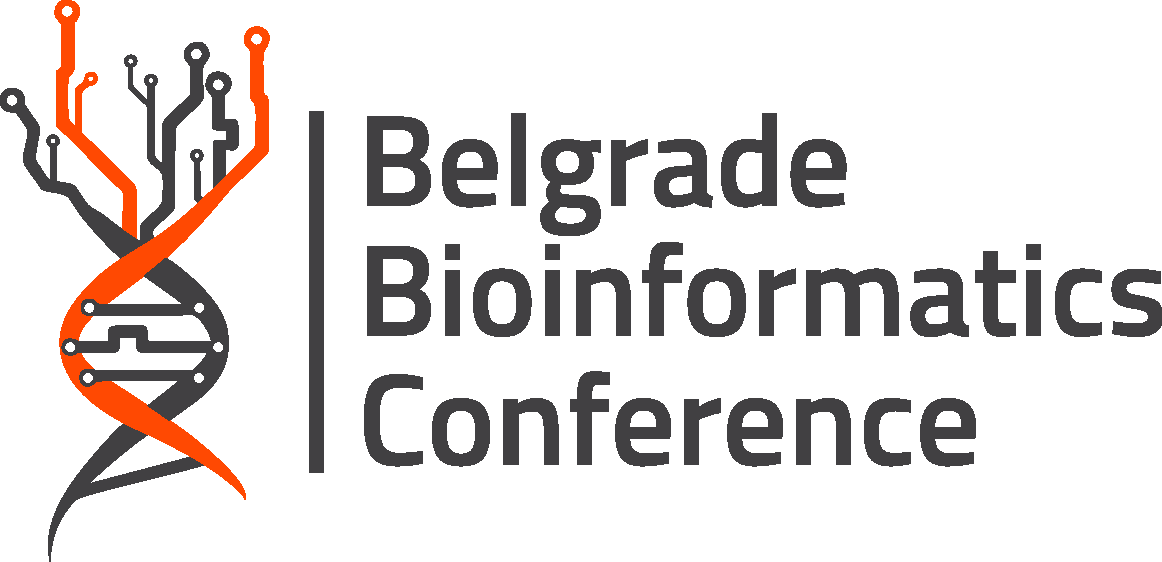Miodrag Dragoj1*, Jelena Dinić1, Sofija Jovanović Stojanov1, Ana Stepanović1, Ema Lupšić1, Milica Pajović1, Thomas Mohr2, Sofija Glumac3,4, Dragana Marić4,5, Maja Ercegovac4, Ana Podolski-Renić1 and Milica Pešić1
1 Institute for Biological Research “Siniša Stanković” — National Institute of the Republic of Serbia, University of Belgrade, Belgrade, Serbia
2 Center for Cancer Research and Comprehensive Cancer Center, Medical University of Vienna, Vienna, Austria
3 Institute of Pathology, University of Belgrade — School of Medicine, Belgrade, Serbia
4 University of Belgrade — School of Medicine, Belgrade, Serbia
5 Clinic for Pulmonology, University Clinical Center of Serbia, Belgrade, Serbia
miodrag.dragoj [at] ibiss.bg.ac.rs
Abstract
Understanding the impact of tyrosine kinase inhibitors (TKIs) on multidrug resistance (MDR) in non-small cell lung carcinoma (NSCLC) is critical for effective cancer treatment. While TKIs target specific signalling pathways in cancer cells, they can also be substrates for ABC transporters and thus potentially induce MDR. This study aimed to assess the responses of 17 patient-derived NSCLC cultures to 10 widely used TKIs and to investigate the relationship between these responses and patient-specific mutational profiles using bioinformatics approaches.
An ex vivo immunofluorescence assay was used to determine the expression levels of the MDR markers ABCB1, ABCC1 and ABCG2. These expression data were then integrated with detailed genetic profiles obtained by next-generation sequencing (NGS) and analysed using bioinformatics tools to identify correlations and functional significance. The results showed a differential response of NSCLC cultures to the TKIs, with erlotinib showing significant efficacy regardless of mutational burden or EGFR status. However, erlotinib also led to an increase in ABCG2 expression, highlighting the complex challenge of MDR in treatment.
Gene set enrichment analysis showed that genetic alterations in key signalling pathways, including ErbB, Ras and PI3K-Akt, as well as mechanisms associated with EGFR-TKI resistance, likely influenced the differential responses to TKIs. Although no consistent patterns were observed between ABC transporter expression and genetic alterations, our integrative bioinformatics approach provided valuable insights into the mechanisms underlying TKI resistance and sensitivity.
These results emphasise the critical role of bioinformatics and functional sensitivity screening in addition to mutational profiling for the selection of appropriate TKI treatments. Our study highlights the potential of personalised medicine in NSCLC therapy by taking into account drug sensitivity, off-target effects, MDR risks and patient-specific genetic landscapes.
Keywords: lung cancer, genomics, multidrug resistance, tyrosine kinase inhibitors, targeted therapy
Acknowledgement: This research was supported by the Science Fund of the Republic of Serbia, #7739737, Functional diagnostics in non-small cell lung carcinoma – a new concept for the improvement of personalized therapy in Serbian patients – TargetedResponse.

